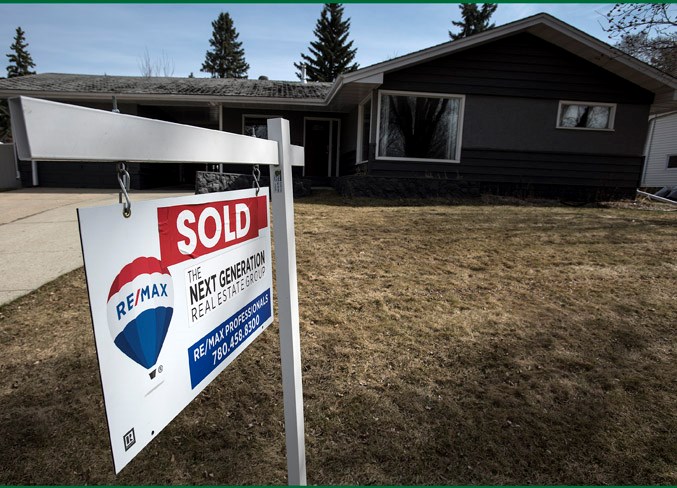St. Alberta Mayor Cathy Heron said a new report highlights the need for different levels of government to work together to address housing shortages.
The Report Card on More and Better Housing from the Task Force for Housing and Climate graded federal and provincial governments on their progress toward 140 policy recommendations released by the group last year. Alberta received the lowest grade of all the Canadian provinces.
Heron said she agreed with parts of the report, but disagreed with others. She said the province should be recognized for the work it is doing, noting the housing funding St. Albert has received from the Government of Alberta.
"Really, it's us [municipalities] that allow for the building of a house," said Heron. "I don't think it's a great idea to point fingers at the provincial and federal government and instead, we should just all be working together and trying to figure this out."
Alberta got a grade of D+, while all other provinces received C-range grades. The federal government received the highest grade of a B.
The report graded Canada's federal and provincial progress toward building 5.8 million affordable, low-carbon and climate-resilient homes. Five key areas were assessed: legalizing density, improving building codes, investing in factory-built housing, avoiding high-risk areas and filling market gaps.
According to the report, Canada needs to build millions of affordable, climate-friendly and weather-resilient homes. It calls the task urgent and says provinces, despite being able to make policy changes, are falling behind.
"Housing policy is split across three orders of government: the federal government is responsible for some, provinces responsible for some and municipalities are responsible for a bunch," said Mike Moffatt, author of the report. "We are just looking at what the provincial government is or isn't doing, so overall, Alberta's provincial government got the lowest grade."
Despite receiving the lowest grade, Alberta's housing supply has been rapidly increasing, said Moffatt. He said that is mainly because of reforms made by municipal governments and occasionally by the federal government, rather than the province.
Moffatt says one area where it is important for the government to step in is affordable housing.
"We certainly think there is room to do more [with social housing]," he said.
Heron said the city has adjusted land-use bylaws to allow narrower lots and encourage higher-density housing, including duplexes, row housing and multi-family housing. The city has also partnered with local housing organizations such as Homeland Housing and St. Albert Housing Society and supported new developments to address affordability needs.
"Municipalities don't have a lot of extra cash to do subsidized housing, so we greatly rely on the province and CMHC (Canada Mortgage and Housing Corporation) at the federal level to help us make these [projects] a reality."
Heron also recently attended the Federation of Canadian Municipalities conference in Ottawa and said the report was a topic of one of the sessions she attended. She said factory-built housing was one of the main topics.
Factory-built housing is when components of a home are built in a factory and then transported to the final location for assembly. This process takes less time than building a home traditionally. Heron said there is factory-built housing in St. Albert.
Mottaff said this approach could help with building affordable housing.
"We see factory-built housing as an important technology because it solves a few problems, and we know we need to build a lot more homes, but to do so, it's going to be hard to do it the traditional way," said Mottaff. "We're just going to run out of skilled trades people."
Moffatt said the report was intended as an accountability measure but also to highlight the good things provincial governments are doing and what they can share with other provinces.
The Task Force for Housing and Climate is co-chaired by former Edmonton mayor Don Iveson and former Conservative Party of Canada deputy leader Lisa Raitt.



